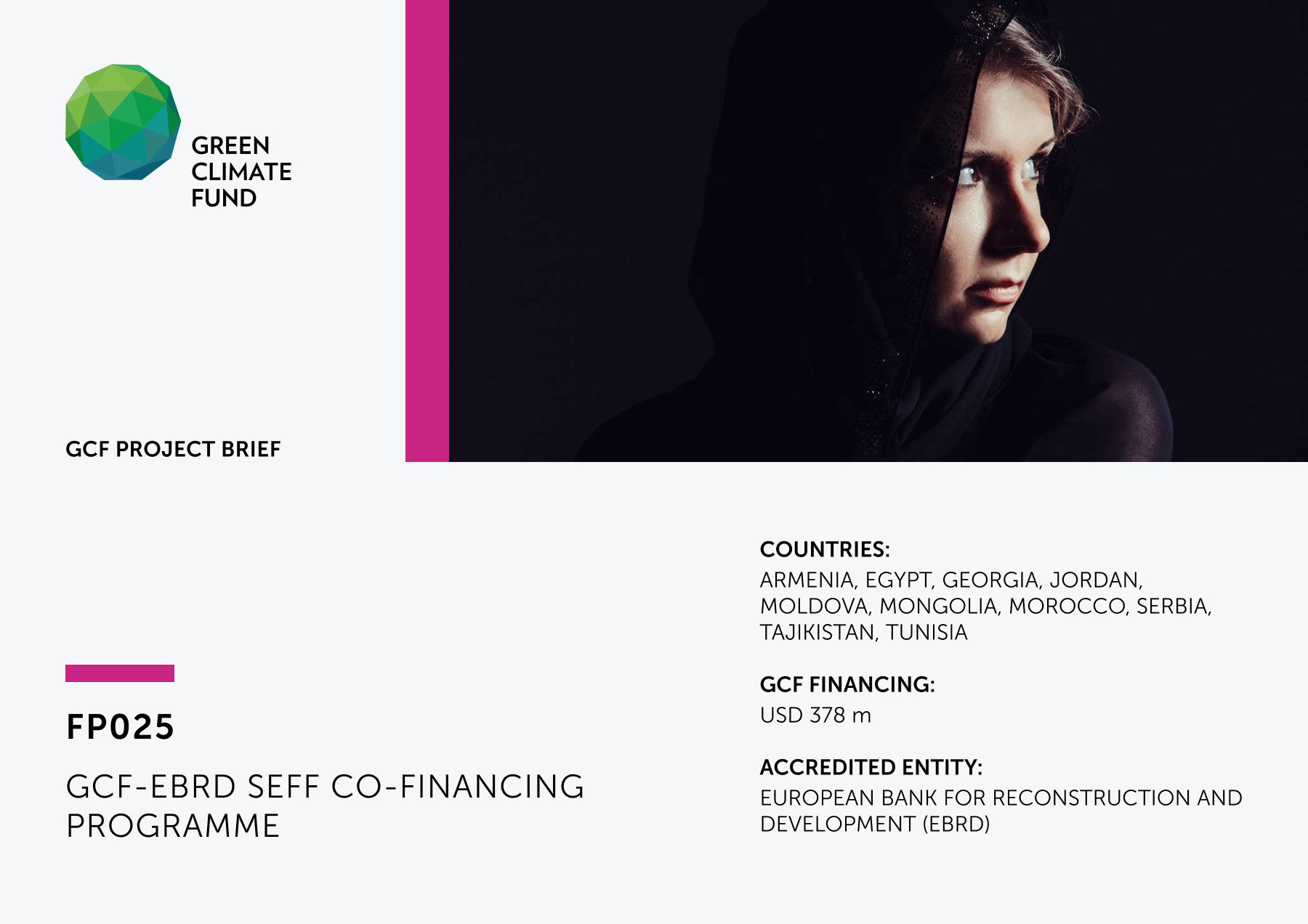Select language
Trends
Global NEWS
| Title |
JEANS THAT DON'T COST THE EARTH |
|---|---|
|
Denim is one of the most popular fabrics worldwide. It is traditionally cotton-based and used in everything from the ubiquitous jeans to stylish jackets and accessories. The production of denim goes beyond the myriad of cotton-based fabrics woven into garments to suit one’s sense of style. The denim industry is notorious for its extremely high water usage, energy consumption, and chemical pollution. In fact, it is considered one of the most environmentally damaging sectors in the fashion industry.
The denim industry is notorious for its extremely high-water usage, energy consumption, and chemical pollution.
According to UNEP, making one pair of jeans takes around 3,781 liters of water. From the vast quantities of water needed to grow cotton and manufacture the product, along with the toxic chemicals used to dye and finish denim, the production and consumption of denim clothing significantly impact our planet. Denim isn’t sustainable by default. However, there are better ways to make it more environmentally sustainable. Greening the fashion value chain involves the rapid adoption of innovative high-performing technologies, equipment, and materials, which lead to reduced energy, water, and resource consumption and improved health, safety, and environmental standards for garment workers. Not to mention the added economic benefits these technologies deliver, including increased productivity and reduced input costs.
The dry process, where denim usually gets its distressed effect. New eco-friendly spraying technology filters the chemicals which is now safe enough to spray on one's hand.
In partnership with the European Bank for Reconstruction and Development (EBRD) and the European Union, this USD 1.4 billion (USD 378 million in GCF financing) Green Climate Fund project supports Emessa, a denim producer based in Egypt, in pioneering energy-efficient ready-made garments in Egypt. This has been achieved by installing a new production line, which has reduced the company’s energy consumption by about 28 per cent and cut its CO2 emissions by 46 tonnes a year. The company also managed to decrease its water consumption by 50 per cent.
GCF Project FP025
Advanced and eco-efficient ozone technology is a zero-discharge process, achieving significant savings of water and massive chemical reductions.
The denim production processThe denim production process has four main stages: cutting, sewing, laundry, and finishing. The laundry stage is the most energy and water-intensive department in the entire value chain and comprises a wet and dry process.
New eco-friendly spraying technology filters chemicals and keeps garment workers safe.
The drying process, a stage of denim production which is typically a labour and chemically intensive process, relies on toxic substances to produce denim’s iconic distressed effect. To address this, the project invested in new eco-friendly spraying technology which filters the chemicals sprayed. The chemical is now safe enough to spray on one’s hand.
Modernising small and medium-sized textile manufacturing units is essential to building a safer environment for garment workers and reducing GHG emissions and chemical and water usage.
Part two of the drying process is the laser department, where denim is typically rubbed with sandpaper to achieve a faded look, harming the health and safety of garment workers due to the inhalation of fine dust particles. To combat this issue, the project helped Emessa invest in new, safe laser technology that fades denim colours without using water, sand, and other precarious substances.
Emessa produces one million pairs of jeans annually and supplies its garments to local and global markets with the help of more than 1,000 staff, 70 per cent of whom are women. Through the support of this project, Emessa hopes to continue pioneering the eco-friendly production of denim worldwide. |
|
| View Original URL | View Original |
| Category | GCF |
| File |
|
| Sources | Green Climate Fund |
| Prev | [UNFCCC] How the Nairobi Work Programme has Paved the way for Adaptation to Climate Change |
|---|---|
| Next | [케냐] 기후 변화 적응을 위한 기후 전문가들의 촉구 |






